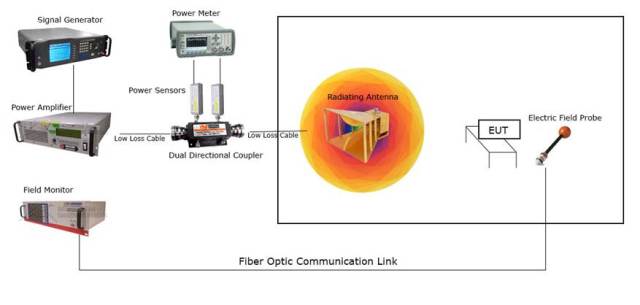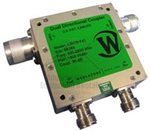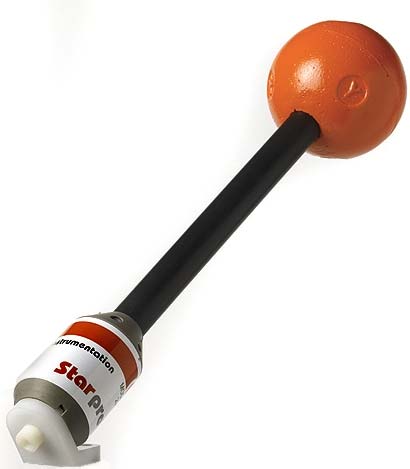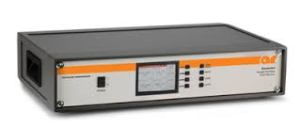Ask us about
test equipment solutions for your industry
The Radiated Susceptibility Testing Starter Kit
Do you literally have what it takes to produce radiated susceptibility?
Whether you have done signal testing before, or are new to the field, it is always good to go back to basics. Here is a list of the top must-haves for testing radiated susceptibility from signal generators to antenna accessories.

Whether you have done signal testing before, or are new to the field, it is always good to go back to basics. Here is a list of the top must-haves for testing radiated susceptibility from signal generators to antenna accessories.

 |
Signal Generators / RF Source This creates signals and modulations (varies properties of a periodic waveform) for the amplifier. This is the genesis of your test. Make sure your signal generator, or RF source, is outputting the correct measured signal. |
|
 |
Power Amplifiers This takes the signal and amplifies it. Sometimes the amplification is greater than 1,000,000 times the original power (0dbm going into 1000 Watt amp). |
|
 |
Radiating Antennas This is a transducer, which emits RF power into space from a signal source. To have a well rounded test it is recommended that all three types of antennas are used: bilogical/log periodic, loop, and horn antennas. |
|
 |
Antenna Accessories This includes tripods, low loss cables, and other necessary parts of your antenna hookup. Low loss cables help with controlling output. Non-metallic tripods assist in holding up the antenna for testing multiple angles with the radiated signal. |
|
 |
Dual Directional Coupler This couples off nominal values of forward and reverse power (typically by 40 db or 50 db). |
|
 |
Power Meter and Sensors The power meters are dual channel. They display power sensor readings in dBm or Watts. Power sensors measure coupled power from the dual directional coupler for monitoring (may need attenuator between forward coupled port and power sensor to avoid damage). |
|
_12.jpg) |
Electric Field Probe – This measures e-field strength (V/m) on X, Y, Z axes, and composite and returns data via fiber cable. |
|
 |
Field Monitor – It accepts inputs from field probes and displays field strengths. This is the final measurement tool of the test. You will know the exact effect of external RF. |
Posted March 22, 2016
